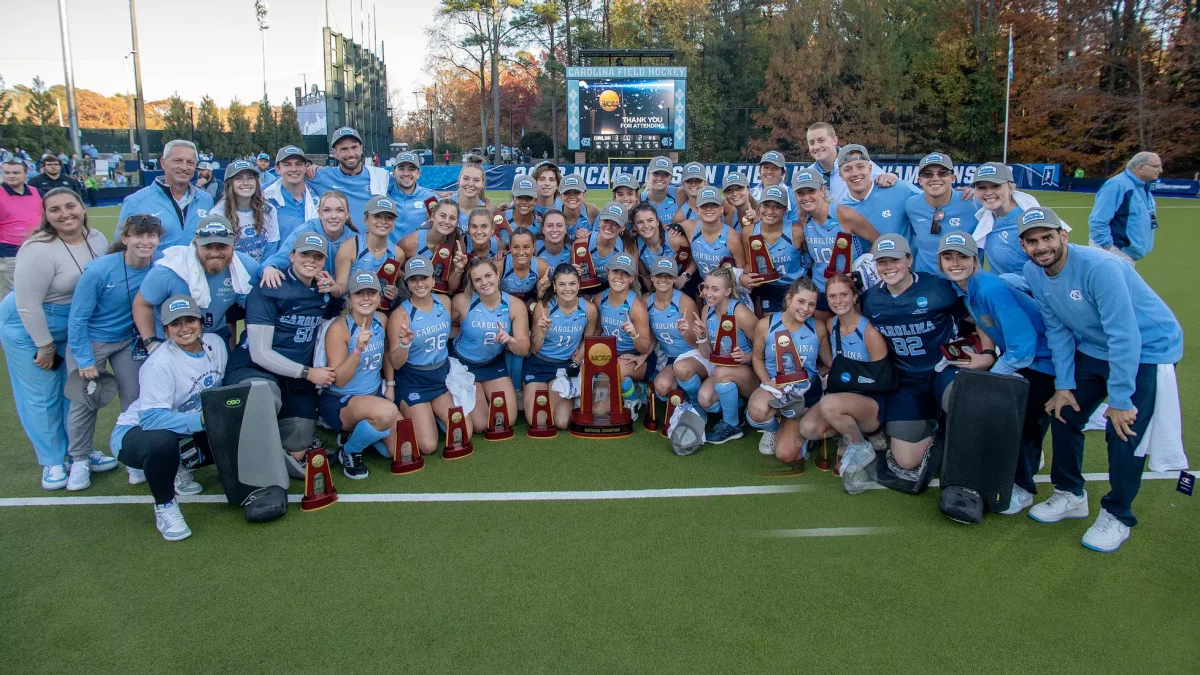Classics scholar links ancient and modern sports
Before the Olympics, Al Duncan taught a Maymester “summer camp focused on ancient athletics.”

With the 2024 Paris Olympics on the horizon, the impact of athletics on culture is at the front of people’s minds. That is certainly the case for Al Duncan, an assistant professor of classical Greek literature at Carolina.
Not only is he a modern-day sports enthusiast, but he uses his work to research how organized competition defined generations past.
“I love to lean into where these modern games are exactly in our culture and legacy of the ancient events,” Duncan said.
Finding the links between modern athletics and their legacy is at the heart of Duncan’s Maymester course, CLAS 263: Athletics in the Greek and Roman Worlds. Maymester classes are intensive two-week sessions offered to Carolina students who are looking for an alternative to taking courses in the summer or regular academic year. They are often based on more niche subjects that allow professors to delve deeper than they might have in a standard semester.
Duncan describes his Maymester course as a sprawling exploration of 3,000 years’ worth of sports history through evolving cultures, climates and ideas. His class has examined recurring themes of power and gender dynamics influencing the practice and public perception of athletics. Duncan believes these common threads relate to how we discuss sports today.
For such a sprawling topic, the condensed timeframe of a Maymester course presents a challenge, but Duncan appreciates that these courses give him and his students certain freedoms that might not be found in a more traditional class.
“For the students, I think it’s great to have this short but intensive deep dive into a subject,” Duncan said. “We’re not being pulled in a hundred different directions like you are during a standard semester. It feels like a summer camp focused on ancient athletics.”
Duncan has clear enthusiasm for the topic, richly illustrated during class. Although operating on Zoom, Duncan is sociable with his students and, given the smaller class size, able to develop more personal relationships with them. While most classes might start with a basic rundown of the daily agenda, Duncan starts his sessions by fielding any concerns students might have about upcoming assignments and even asking about what’s going on in their day-to-day lives.
“One of the main reasons I love teaching an asynchronous course online is just how much reach I have to students who aren’t in the Carolina area right now,” Duncan said. “I’m teaching students from across the country, if not the globe, and they all have a diverse set of things going on in their lives.”
Many of these students are Carolina athletes themselves. Duncan believes that Carolina’s illustrious history with sports provides an even deeper significance to our relationship with athletics of the past.
“Carolina students are a prime audience to approach this material,” Duncan said. “They get something that’s fundamental to the class, which is how important and transformative sports can be in a society.”







